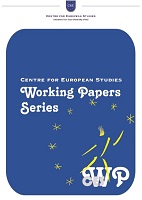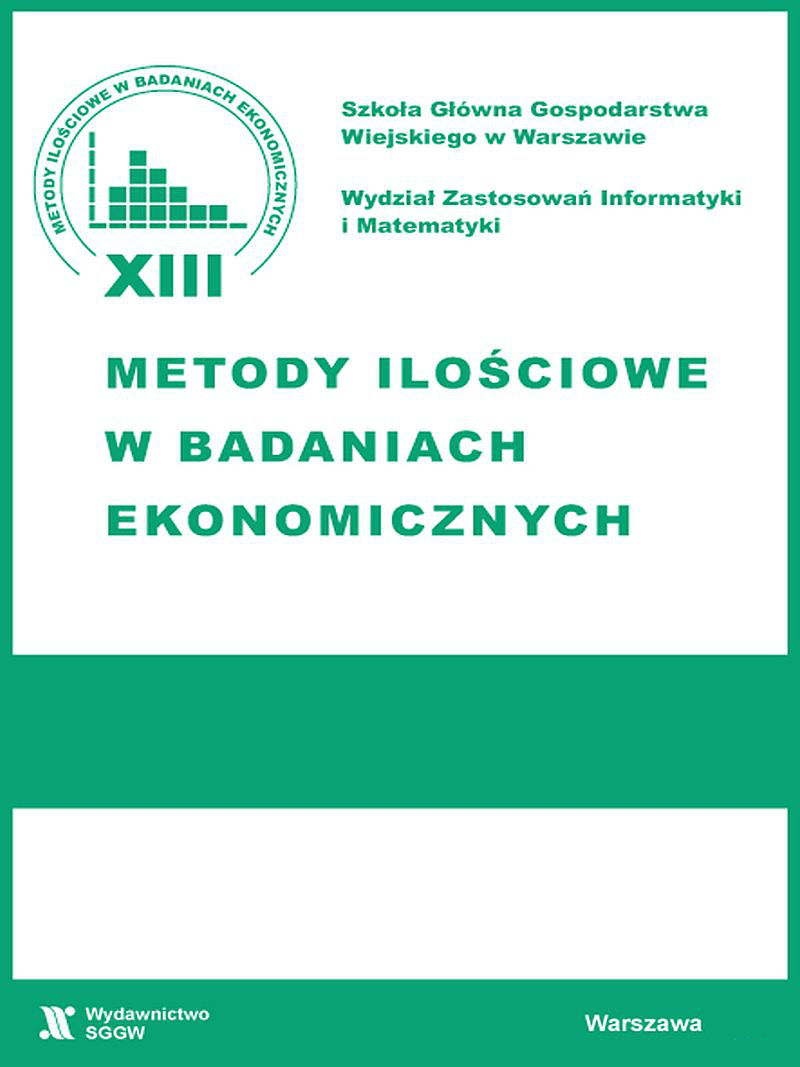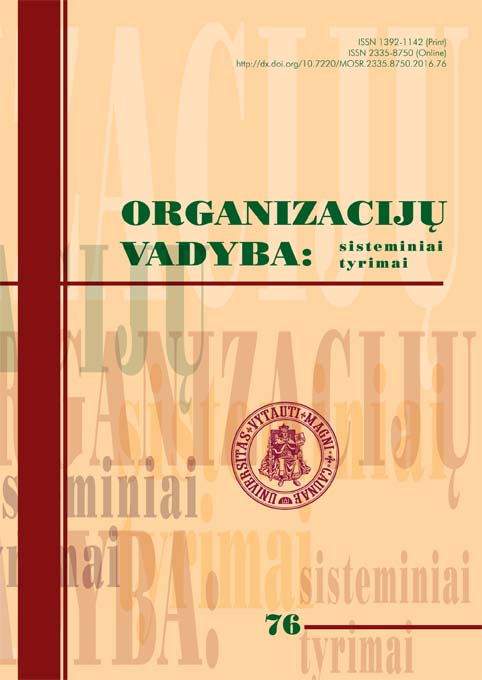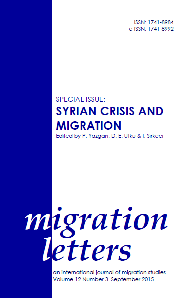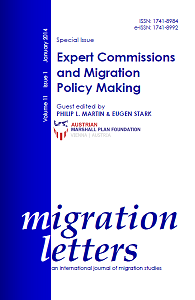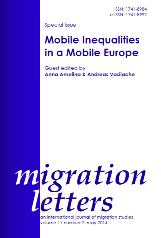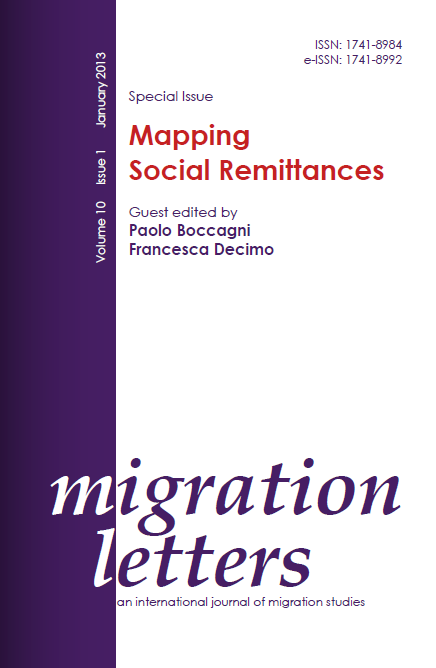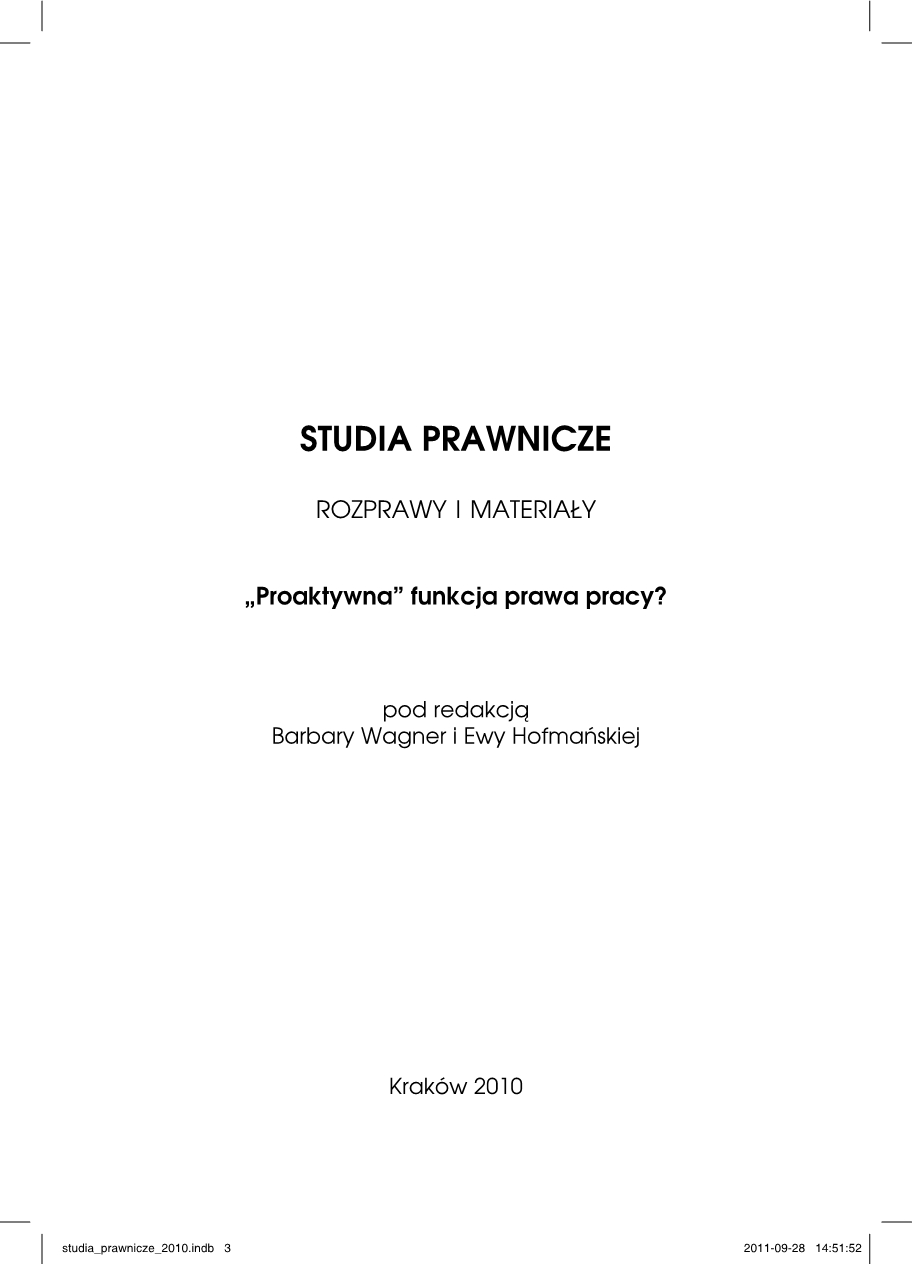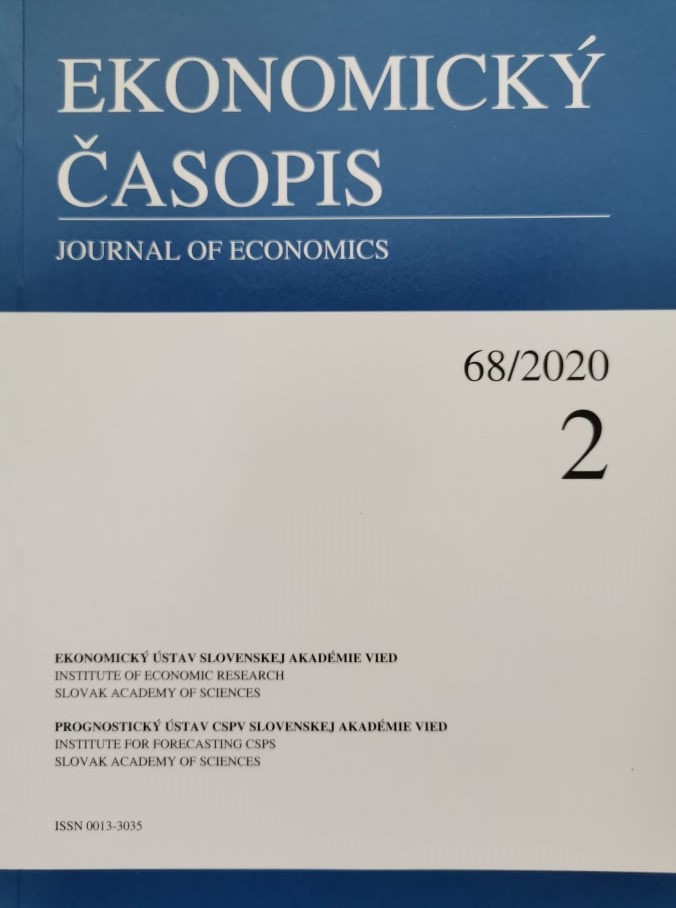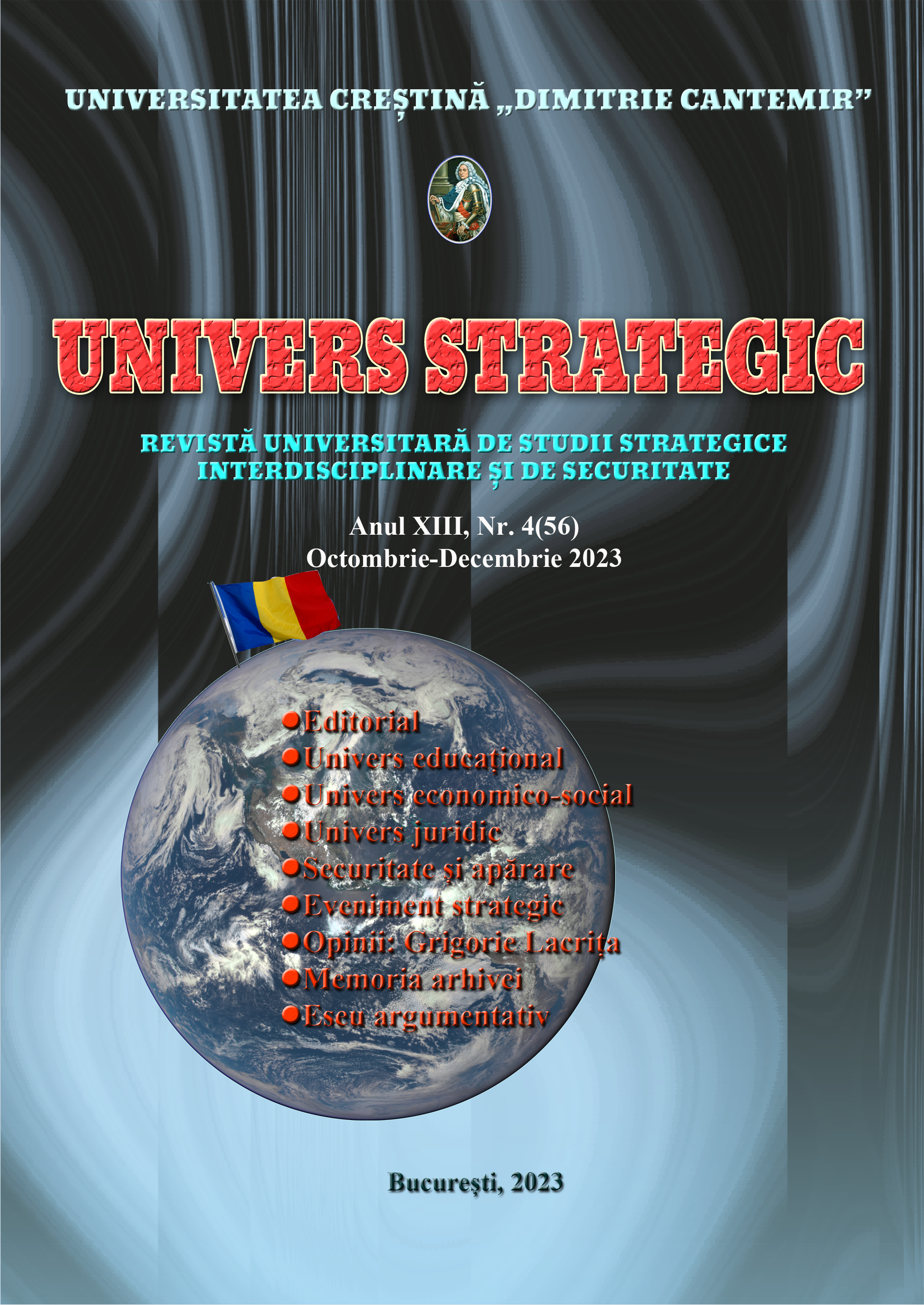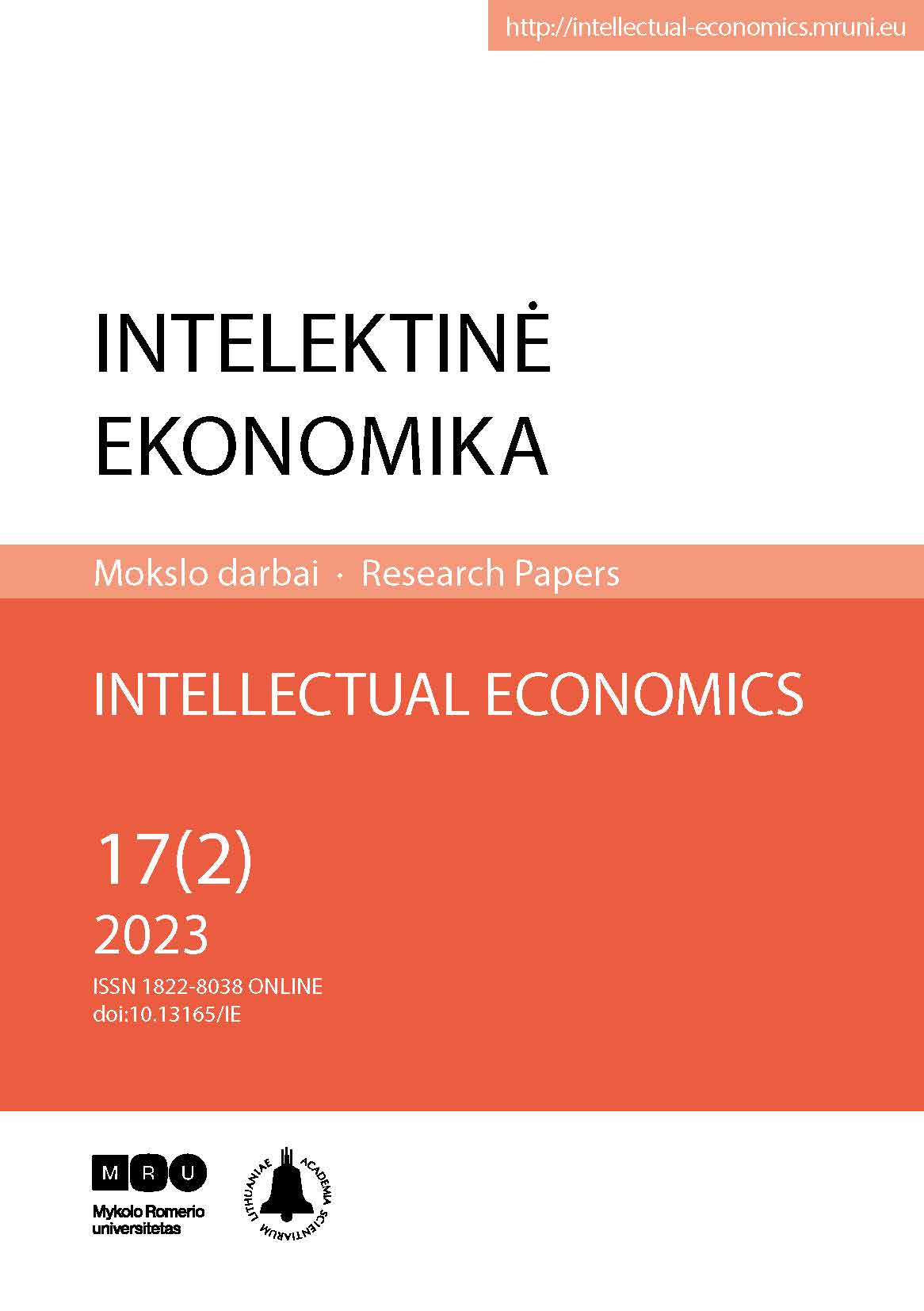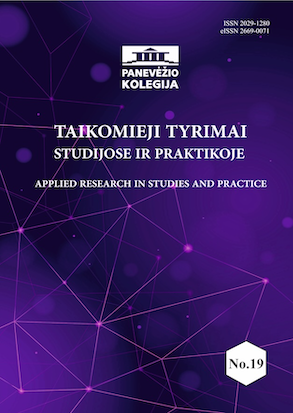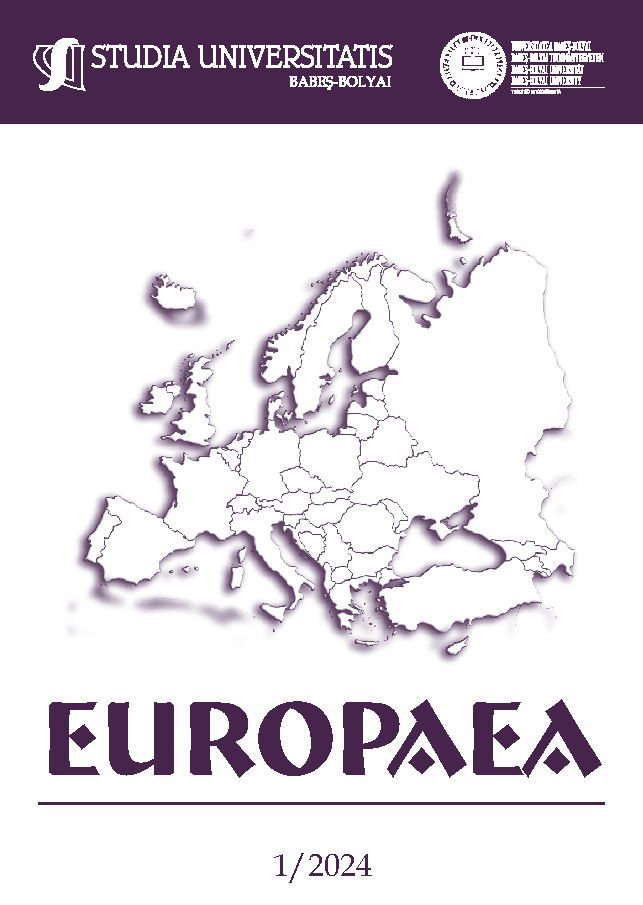Author(s): Giedraitis Algirdas,Romerytė-Šereikienė Rasa,Modestas Vaikšnoras / Language(s): English
Issue: 2/2024
As management strategies and organizational structures change, the aim is to discover ways that will help make the activities of each employee, as well as the entire production organization, more efficient. In each successful organization, the leader’s and employee's ability to understand each other and to work together in a team is very important. At present, a new term is being emphasized and promoted- empowerment – the leader's actions towards the employee in order to successfully achieve the goals of the organization. Dimensions of structural empowerment: opportunities - the employee's perception of the extent to which he has opportunities to perform challenging work using existing abilities and at the same time acquiring new abilities, information - to the extent that, in the employee's perception, information is available to him in a wider context than his individual work, support - to the extent that the employee feels that he can receive advice or feedback during the performance of various tasks, resources - to what extent all the necessary resources are available to the employee to perform the planned tasks. Empowerment is essentially a democratic process that allows employees to have more say in decisions that are currently made by managers in traditional command and control centers. A model for strengthening employee empowerment is presented, consisting of 3 stages, which allows identifying employee empowerment problems when making decisions on quality issues and providing solutions. The quantity of features and characteristics of a product reflects its quality. One of the most important aspects is that managers and executors (team members) must understand the importance of quality and know what factors affect it and what solutions take place with identified problems. Based on the identification of product quality from the point of view of managers and executives, problems are identified, and solutions are provided to change the situation. If they do not have a common understanding of product quality issues, the situation in production only worsens. Organizations must empower their frontline employees with the authority and training to make decisions related to equipment operation and maintenance. The obtained results of a quantitative study carried out in a manufacturing company proved that employees partially feel empowered by managers to make decisions: especially in the second stage, which is associated with work performance, quality requirements, job satisfaction and efficiency. Recommendations are provided for management to develop a sense of personal efficacy through employee empowerment. The role of managers is to empower their subordinates to make decisions on their own, relying on established (approved) requirements. This research about employee empowerment can be useful for organizations in assessing the effectiveness of measures, enabling leadership, and the innovations implemented, as well as in forming a holistic approach to the phenomenon of employee empowerment, combining the assumptions that make up empowerment into a common system and the consequences that are significant for work and the organization.
More...
